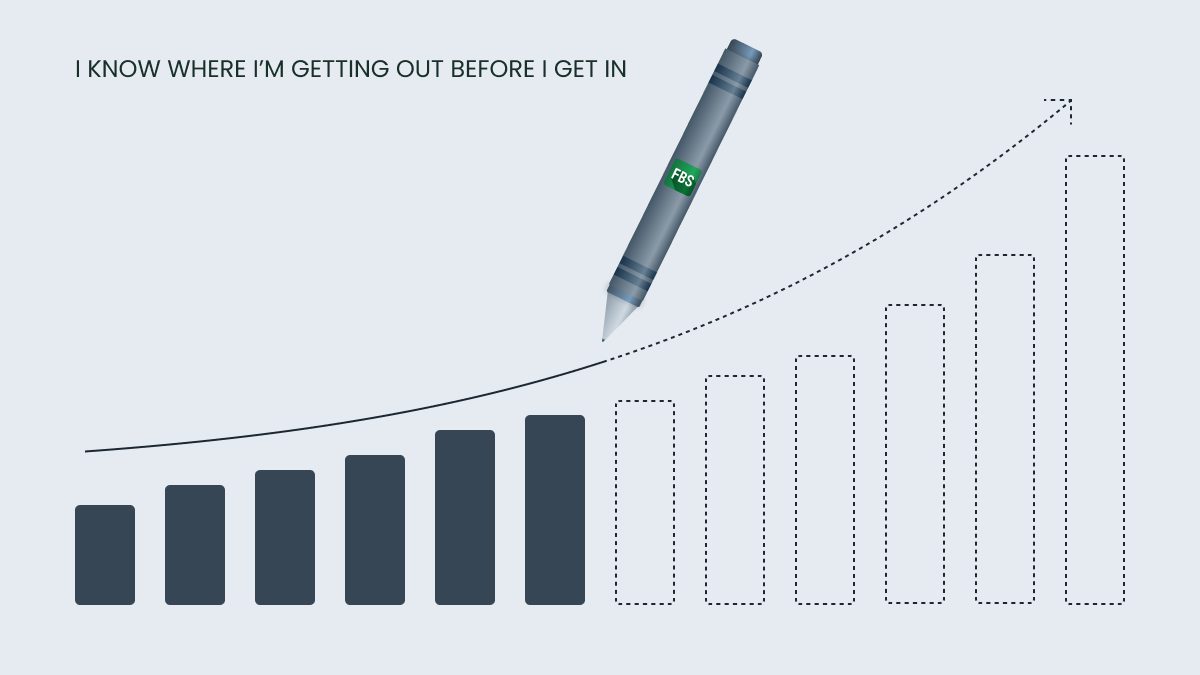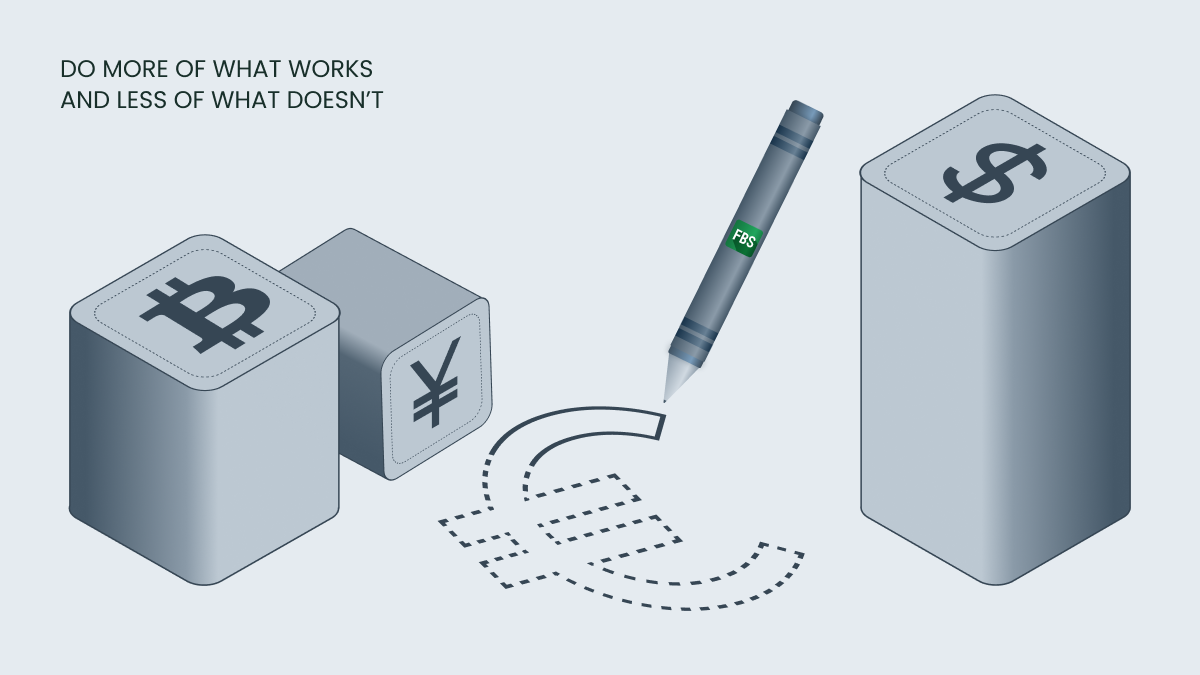“The most important investment you can make is in yourself.” – Warren Buffett
The meaning of this inspirational quote is that education is essential in trading. Traders should always be learning and improving their skills. The market is constantly changing, and traders must adapt to those changes. The more traders put into their forex education, the more they can refine their forex strategies and take advantage of them.
“The single most important reason that people lose money in the financial markets is that they don’t cut their losses short.” – Victor Sperandeo
People in the trading community often hold on to losing positions for too long, hoping that the market will turn in their favor. Unfortunately, this strategy can lead to even greater losses. Traders must be willing to cut their losses and move on from losing trades. This is one of the toughest trading lessons, as it requires admitting that you were wrong and taking a financial loss.
“Amateurs think about how much money they can make. Professionals think about how much money they could lose.” – Jack Schwager
There are many forex trading quotes about beginners. This one reminds you not to be overly focused on profit maximization. In forex analysis, you should also plan for potential losses and incorporate protecting your capital in your strategy.
“Never invest in any idea you can’t illustrate with a crayon.” – Peter Lynch
However amusing this trading quote may seem, it is nonetheless true. It should remind every trader that a trading plan should be simple, as the more complex an idea, the more chances there are that something will go wrong.
A clear trading idea is easier to apply via convenient and user-friendly trading platforms like MetaTrader 4 or MetaTrader 5.

“A peak performance trader is totally committed to being the best and doing whatever it takes to be the best. He feels totally responsible for whatever happens and thus can learn from mistakes. These people typically have a working business plan for trading because they treat trading as a business.” – Van K. Tharp
This trading quote highlights the importance of having a well-defined trading plan for wealth creation. Traders who approach trading in a business-like manner are more likely to be successful over the long term. Having a plan is essential for developing emotional control and consistency in trading performance.
Follow FBS on Telegram to build your trading plan with helpful trading insights and hacks from our top market experts.
“I know where I’m getting out before I get in.” – Bruce Kovner
Whether you’re engaged in long-term investing or short-term trading (e.g. day trading or swing trading), having a clear exit plan is just as important as knowing when to enter a trade. Some might even argue that it’s much more important.
“My peculiarity is that I don’t have a particular style of investing or, more precisely, I try to change my style to fit the conditions.” – George Soros
A flexible approach to trading emphasizes the importance of adapting to ever-changing market conditions. Those who can adjust their trading and investment strategies to fit different market environments are more likely to be successful. This requires deep knowledge of market trends and a willingness to learn and evolve as a trader.
“Don’t test the depth of the river with both your feet while taking the risk.” – Warren Buffett
Another one of Buffett’s success quotes advises against taking on too much risk at once. Use performance metrics to set clear limits and assess potential losses before fully committing.
“Patterns don’t work 100% of the time. But they are still critical because they help you define your risk. If you ignore patterns and focus on hunches, feelings, and hot tips, just forget about achieving consistency.” – Ifan Wei
Patterns are an essential tool. By focusing on patterns and using them to define risk, you can develop your trading discipline and switch to a systematic approach.
“Never ever argue with your trading system” – Michael Covel
Once you’ve established a reliable trading strategy, rely on it and commit to it. Take this trading inspiration quote as a reminder to follow your plan consistently in all market conditions rather than letting doubts or impulses take control.
“Trading is very competitive and you have to be able to handle getting your butt kicked.” – Paul Tudor Jones
Another piece of trading wisdom: you always have to be prepared for losses and setbacks, as they are an inevitable part of trading. You have to stay resilient and persevere. Those who can bounce back from failures and stay focused on their goals are more likely to become trading success stories. It takes time and effort to develop a successful trading strategy, and setbacks are a normal part of the process.

“The investor’s chief problem – and even his worst enemy – is likely to be himself.” – Benjamin Graham
It’s not the forex brokers or broader market psychology that hold us back, but how we react to them. Whether it’s fear, greed, or impatience, our own emotions and behavior can be our biggest obstacles in trading.
“Hope is [a] bogus emotion that only costs you money.” – Jim Cramer
Hope isn’t the key to financial freedom or part of the logical trader mindset. If you rely on hope instead of a solid trading plan, you might start making poor decisions.
“When in doubt, get out and get a good night’s sleep. I’ve done that lots of times and the next day everything was clear… While you are in [doubt], you can’t think. When you get out, then you can think clearly again.” – Michael Marcus
In moments of doubt, emotions can take over, and that’s when even the best trading tools may not help you. Sometimes, the best thing you can do is clear your mind and come back with a fresh perspective.
“Yesterday’s home runs don’t win today’s games.” – Babe Ruth
This motivational quote is about how past successes do not guarantee future wins. Both technical analysis and fundamental analysis are constantly evolving, and relying solely on past strategies can leave you behind. Try to stay up to date with economic indicators and market trends to adapt to changing conditions and achieve ongoing success.
“It’s critical for the crocodile to understand its prey…” – Nial Fuller
Even though this may sound dramatic, it’s an important reminder for traders. For example, if you’re going into crypto trading, you need to deeply understand Bitcoin and other cryptocurrencies before jumping in. Same with forex pairs or any other instrument.
“Do more of what works and less of what doesn’t.” – Steve Clark
Let’s finish today’s forex quotes with a simple truth: focus on what brings results and let go of what doesn’t. Success comes from refining your approach.


